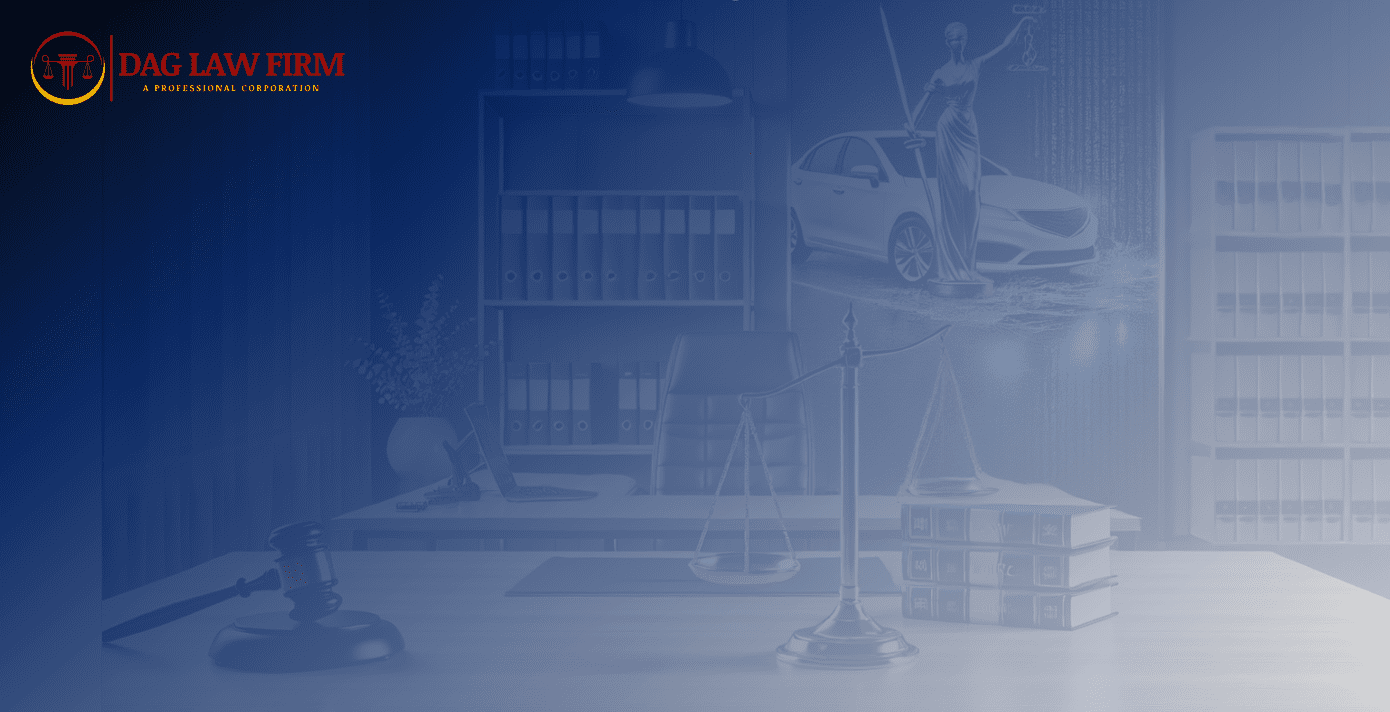Understanding Negligence in Personal Injury Claims
DAG Law Firm brings extensive expertise to handling personal injury and accident claims, offering unparalleled guidance, counseling, and securing financial compensation for our clients. With a deep acknowledging of the complexities involved, we provide personalized support every step of the way, ensuring you fully comprehend each aspect of the legal process. Whether you seek advice or action, count on us to represent your interests and address your distinct needs with unwavering dedication and diligence.
Can You Waive Negligence?
When it comes to personal injury cases, acknowledging negligence is essential. In the context of a personal injury claim, negligence refers to the failure to take reasonable care to avoid causing injury or loss to another person. If you’ve been injured due to someone else’s negligence, you deserve fair compensation for your suffering. Here’s what you need to know about negligence and how it pertains to personal injury claims:
Establishing Negligence
– Negligence is established when a party fails to exercise the care that a reasonable person would exercise in similar circumstances. To prove negligence, the following elements must be demonstrated:
– Duty of care: The defendant owed a duty of care to the plaintiff.
– Breach of duty: The defendant breached this duty through their actions or failure to act.
– Causation: The defendant’s breach of duty caused the plaintiff’s injuries.
– Damages: The plaintiff suffered actual harm or damages as a result of the defendant’s actions.
Comparative Negligence
– In some personal injury cases, the concept of comparative negligence comes into play. This means that the injured party’s own negligence contributed to the accident or injury. In states that follow comparative negligence laws, the injured party’s compensation may be reduced by the percentage of their own fault. Understanding how comparative negligence may impact your case is crucial in pursuing fair compensation.
Waiving Negligence
– It’s important to note that in the context of personal injury claims, negligence cannot be waived or overlooked. Negligence is a fundamental element of personal injury law, and proving the defendant’s negligence is crucial in securing compensation for your injuries. While there may be negotiations and discussions during settlement talks, the concept of waiving negligence does not apply in personal injury cases.
Seeking Legal Counsel
Expert Guidance
– When dealing with personal injury claims, seeking legal counsel is paramount. An experienced attorney can help you navigate the complexities of negligence and build a strong case to secure the compensation you deserve. At DAG Law Firm, our team of legal professionals is dedicated to providing personalized, expert guidance to our clients.
Case Evaluation
– Our firm offers comprehensive case evaluations to assess the viability of your personal injury claim. During this process, we meticulously review the details of your case, including the circumstances of the accident, evidence of negligence, and the extent of your injuries. This careful examination allows us to provide informed counsel and develop a strategic approach to your case.
Representation and Advocacy
– As your legal representatives, we are committed to advocating for your rights and best interests. We understand the physical, emotional, and financial toll that personal injuries can inflict, and we are unwavering in our dedication to securing the maximum compensation available under the law.
Conclusion: Schedule an Appointment Today
Recognizing the nuances of negligence in personal injury claims is integral to pursuing fair compensation for your injuries. At DAG Law Firm, we stand ready to provide you with the expert legal counsel and representation you need to navigate the complexities of your personal injury case. Schedule an appointment with us today to discuss your situation and take the first step towards seeking the justice and compensation you rightfully deserve.



